'Sleepwalking' killer Scott Falater still wracked with guilt over murdering wife
Falater's sleepwalking defense made sensational headlines in the '90s.
Scott Falater has been told many times how he murdered his wife, Yarmila Falater.
He’s heard the gruesome details of how he stabbed her dozens of times in the family’s backyard and shoved her body into their pool from the officers who arrived on the scene, investigators and through court proceedings, including testimony from a neighbor who says he saw him commit part of the crime.
Falater was convicted of first-degree murder and sentenced in 2000 to life in prison, but to this day, he maintains that he doesn't remember committing the act. His defense’s argument has always been that Fataler killed his wife while sleepwalking, which fueled sensational headlines at the time that he was the “sleepwalking” killer.
Watch the full story on “20/20” FRIDAY at 9 p.m. ET on ABC.
“All I can say is I do not know what happened. I do know for sure I never planned it. There was nothing for me to gain from it,” Falater told “20/20” in a new exclusive video interview from the Yuma Prison Complex -- a rarity in the Arizona prison system.
“There’s no one else I can place the responsibility [on]. It’s on my shoulders, I accept that and I have to move on,” he added.
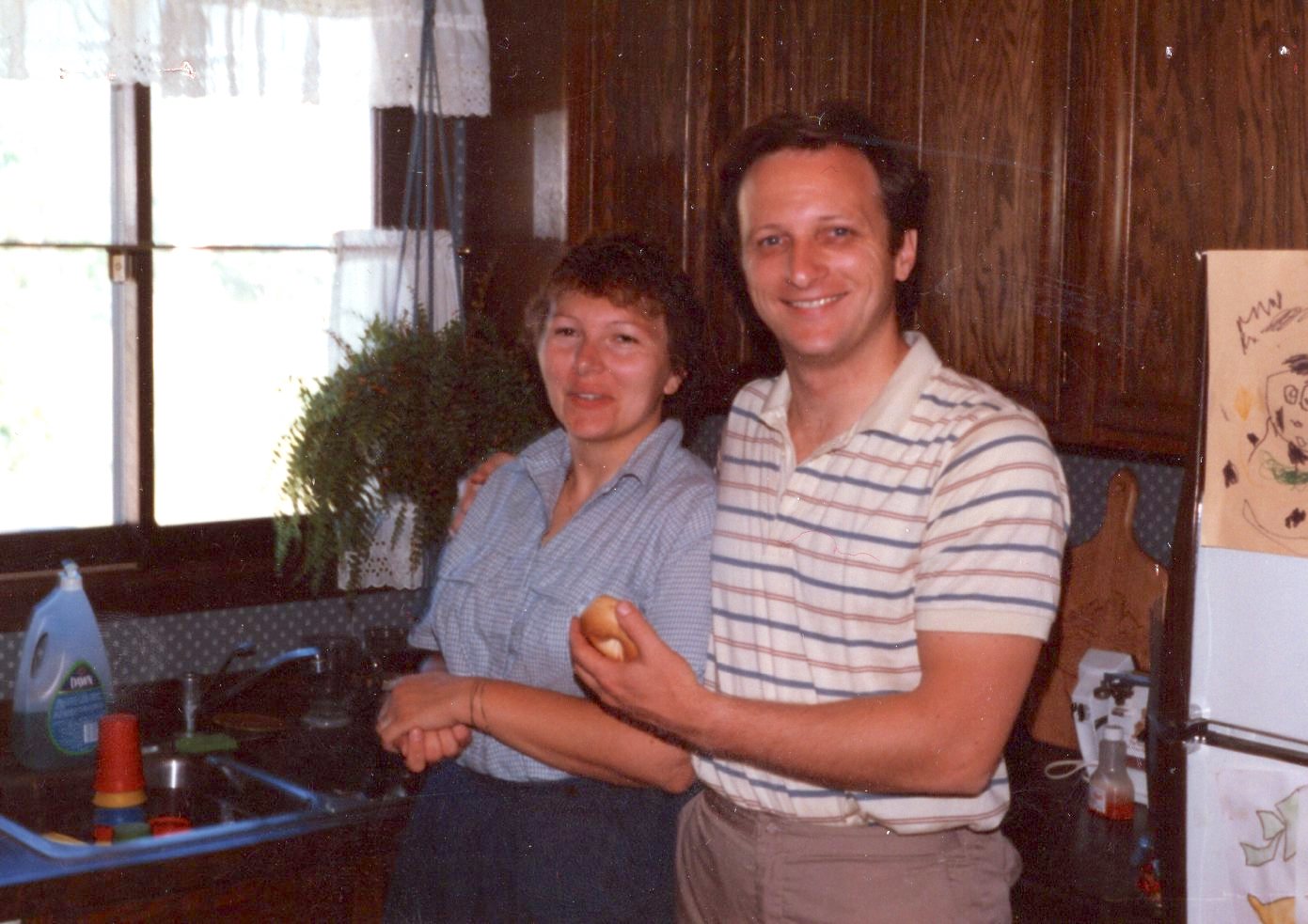
Falater, who has never denied killing his wife, said he’s never been able to forgive himself.
“I doubt I ever will,” he said.
He went on to say that he thinks “about what she had to go through that night, and the pain and the terror she had to feel. I can't even fathom.”
“We were meant for each other,” Falater continued. “I never doubted that and I still don’t doubt that. So, I will miss her until the day I die.”
Falater believes he’ll never be released from prison.
“I don’t expect it,” he said. “I really have no plans to go anywhere but here.”
What Scott Falater says happened the night he killed his wife
Friends and family members told “20/20” in previous interviews that the Falaters were a devoted couple, happily married and involved in the local community of the Church of Jesus Christ of Latter-day Saints.
“Yarmila never expressed any dissatisfaction with her marriage,” her friend Marci Blau told “20/20.” “I would say, ‘Come on, Yarmila, there's gotta be something that drives you nuts,’ and she would just say, ‘Nope, no, he's just a really great guy.’”
Scott and Yarmila Falater, who he sometimes called “Yarm” for short, had been high school sweethearts. They were both raised Catholic but later converted to The Church of Jesus Christ of Latter-day Saints. Scott Falater said his wife “was a great mother, a great wife,” his best friend and someone who had been with him his entire adult life.
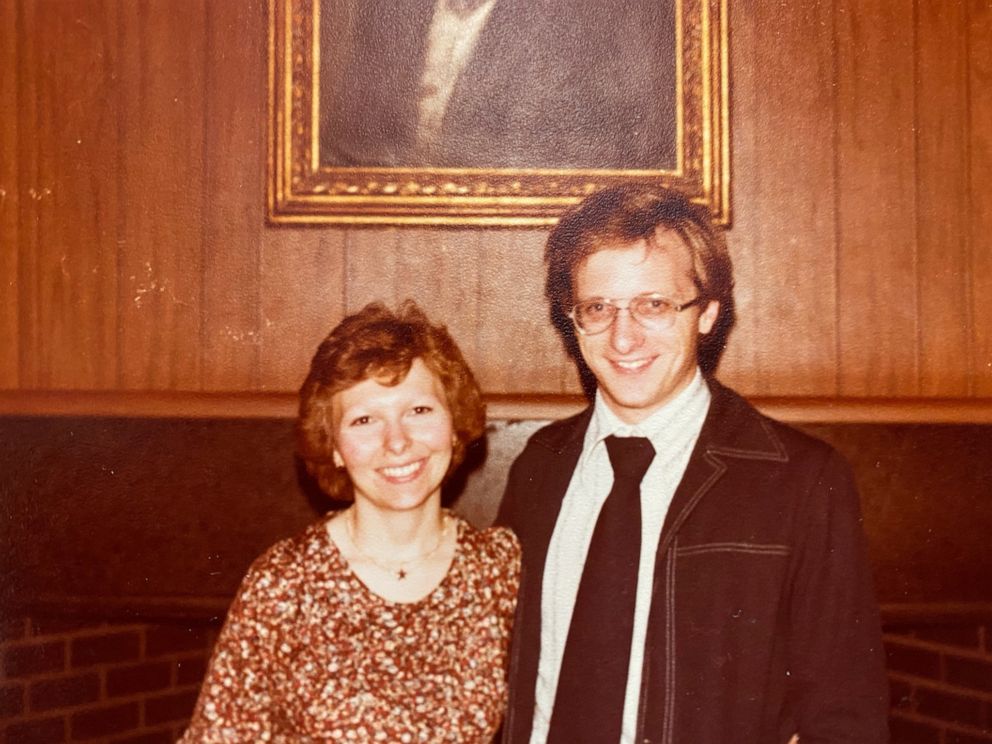
Their son, Michael Falater, has long maintained that he had a “very good childhood.”
“I had a father that worked hard and supported the family and a stay-at-home-mom who was always there when I came home from school,” he told “20/20.” “I never saw my parents argue or fight or yell at each other. It was a very loving home.”
On Jan. 16, 1997, Scott Falater said he and his wife woke up around 3 a.m., to what sounded like someone walking on the gravel outside of their bedroom window.
Scott Falater said he got out of bed and looked around the family’s Phoenix home, but didn’t see anything unusual. He went back to bed, but said he got little sleep that night.
The following day, Scott Falater said he worked a full day at his job as an electrical engineer for Motorola and then came home to have dinner with his wife and their two kids. After dinner, Scott Fataler, who taught a daily early morning religious education class before work, said he prepared a lesson he planned to give the next day.
Scott Fataler said his wife had asked him to fix their pool filter. At about 9 p.m. that night, he said he went out to their pool in the backyard and tried to fix it, but because it was late and dark, he said he gave up. When he came back inside, he said his wife was asleep on the couch, so he kissed her goodnight, promised to fix the pool filter the following day and went to bed.
“I was really exhausted and crashed in bed,” he said. “I would guess it was between 9:30 and 10:00 [p.m.].”
The next thing he said he remembers was standing atop the stairs in his pajamas as a police officer, with his gun drawn, yelled at him to keep his hands visible and get on the floor.
A neighbor sees a horrific sight, calls 911
The Falaters’ neighbor, Greg Koons, has a very different version of what happened the night of Jan. 17, 1997.
Koons’ girlfriend at the time, Stephanie Reidhead, told “20/20” they were getting ready for bed around 10 p.m., when Reidhead said she heard “moaning or crying” outside.
Koons later testified at trial that he went out to investigate, during which he looked over the wall between his and the Falaters’ property and saw a woman lying on the ground, moving slightly. Koons told authorities he at first thought she had passed out drunk, but then he says he saw Scott Falater drag the woman over to the pool, roll her into the water and hold her head underwater.
Reinhead told “20/20” Koons ran back into his home, saying that Scott Falater was drowning his wife and called 911.
When Phoenix Police Department officers Joel Tranter, Steven Stanowicz and Kemp Layden arrived on the scene, they found Yarmila Falater floating apparently lifeless in the pool.
Stanowicz said he could tell from the amount of blood in the water that it was a bad situation. As soon as he pulled her out, Stanowicz said, “I knew that she was gone.”
“I’ve never seen a shark attack in person, but to me, it was reminiscent of a shark attack,” Tranter added.
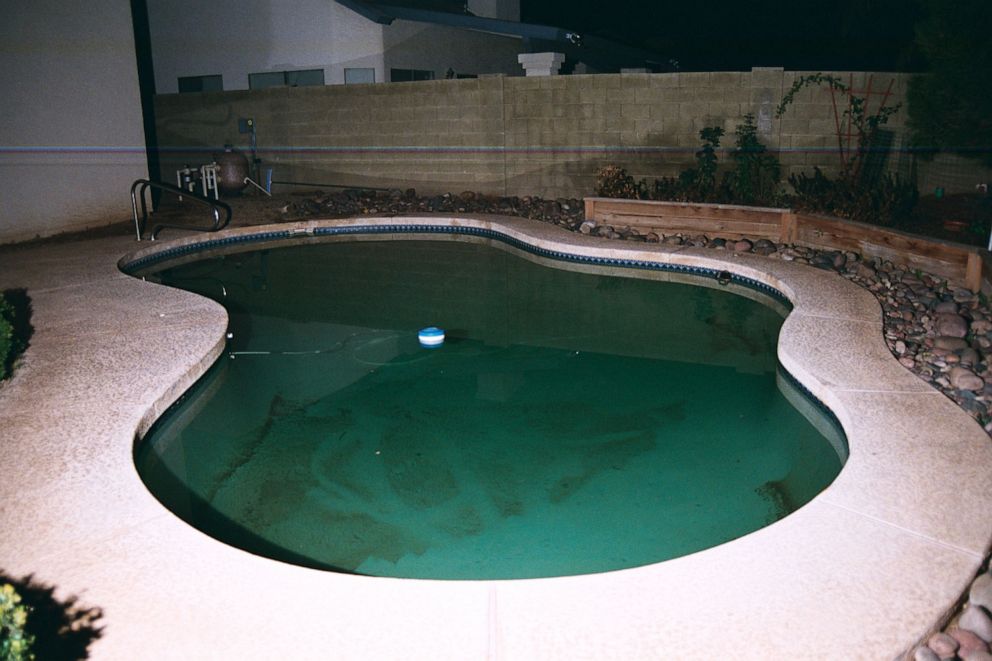
Then, Tranter and Layden noticed Scott Falater moving around upstairs. While Stanowicz tended to Yarmila Falater, Layden said he rushed in and pointed his gun at her husband, who was coming down the stairs. Layden told him to get on the ground.
“I was hopelessly confused at first,” Scott Falater told “20/20” in a previous interview. “ I kept asking, “What is going on... All they would do is yell,‘Get down, shut up.’”
Tranter said he asked Scott Falater if there was anyone else in the house. Scott Falater told him there were four people: him, his wife and their two kids.
“At that point, I'd already observed his wife in the swimming pool … so that surprised me,” Tranter said.
Officers recall discovering victim, seemingly bewildered husband in 1997 murder case
As officers moved around the house, they found Falater’s two kids asleep in their rooms, unharmed. Michael Falater, who was 12 years old at the time, said an officer told him his parents had a fight and that his mother was dead.
“I went to bed as a 12-year-old kid with a happy life and I woke up to a police officer telling me that my mother died,” Michael Falater said.
Scott Falater was led away in handcuffs and taken to the police station for questioning. At this point, he said he still didn’t fully understand what had happened to his wife or how he was responsible.
“It just didn't seem real,” Scott Falater said in a previous “20/20” interview. “I'm not sure that I was 100% coherent while I was sitting in the police car... I'm not sure that even until I got to the police station that I was 100% convinced that Yarm was dead.”
Phoenix homicide detective John Norman interrogated Scott Falater when he came in, peppering him with questions about what happened, but Scott Falater said he couldn’t remember harming his wife.
When Norman pointed out that he had blood on his neck, Scott Falater said he didn’t know it was there. Norman also told him that his wife had been stabbed and that a neighbor had seen him drown her in the pool, which seemed to stun Falater, but Norman said he wasn’t having it.
“I'm not going to buy his story when I got an eyewitness watching him drown her. No. His story was hogwash,” Norman told “20/20.” “The only thing I believed about his story was that his name was Scott Falater.”
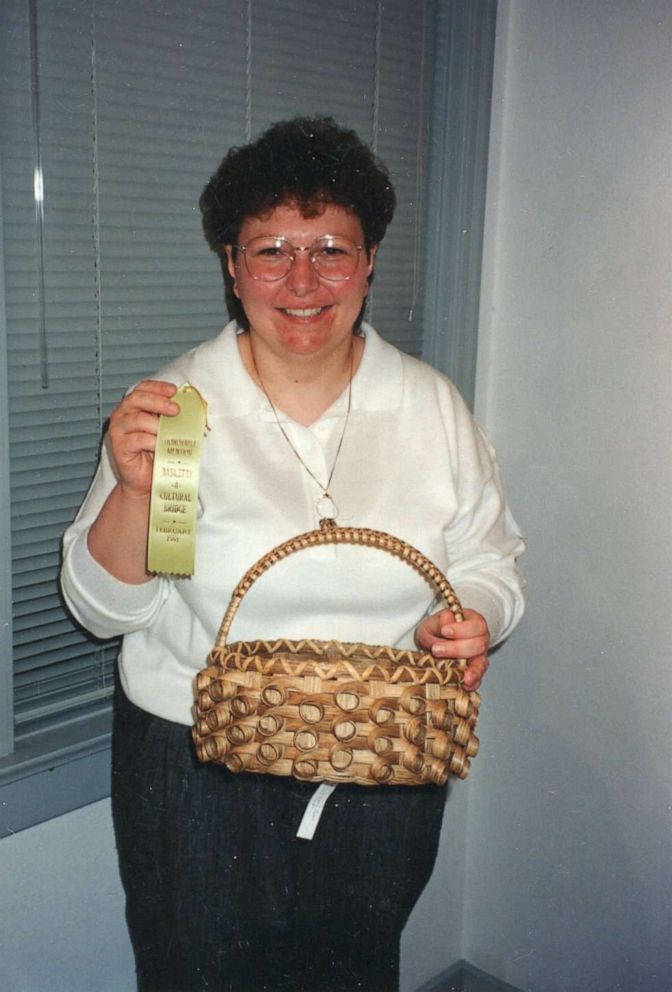
The sleepwalking defense
Scott Falater was arrested and charged with first-degree murder for his wife’s death.
Two years later, in 1999, “20/20” interviewed him in jail while he awaited trial. In that interview, Scott Falater maintained that he loved his wife and that he was still struggling with what happened.
“I accept the fact that the neighbors saw me do the physical act. Would I have consciously and intentionally killed her? Absolutely not,” he told “20/20” at the time.
“20/20” was also there during one of Falater’s jailhouse visits with his two children.
“I recall him telling me that he loved me, and that he hoped one day that he could come back and be my father,” Michael Falater said, looking back on that moment now as an adult.
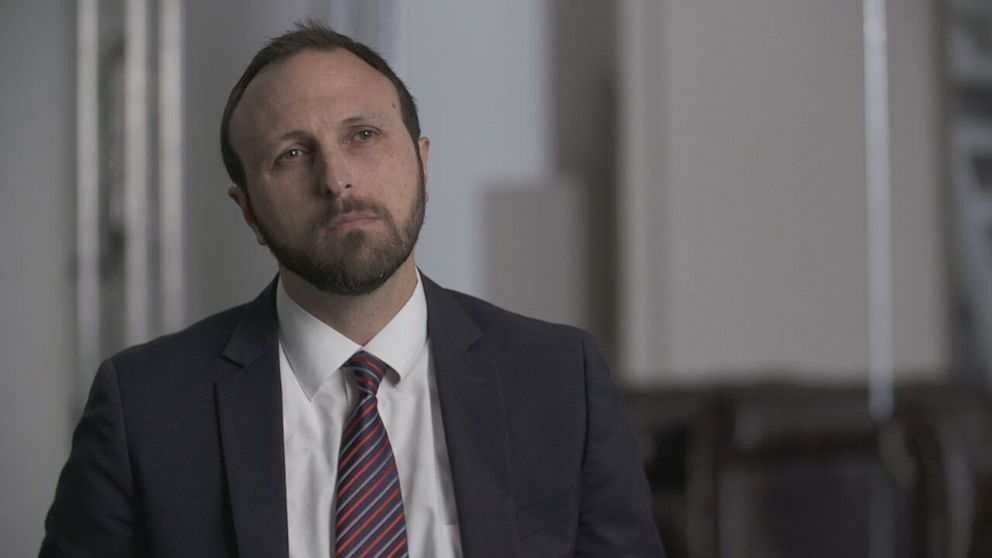
When Scott Falater went to trial in June 1999, then-Deputy Maricopa County Attorney Juan Martinez sought the death penalty.
The prosecution’s argument was that Scott Falater was wide awake when he killed his wife.
During the trial, chief medical examiner Dr. Philip Keen testified that Yarmila Falater had been stabbed 44 times, and that “most were defensive wounds but some were fatal.”
The bombshell testimony came from the Falaters’ neighbor, Greg Koons. Though he did not see the attack, Koons testified that he saw Yarmila Falater lying on the ground near the pool and that Scott Falater was walking through the house, turning lights off and on, and wringing his hands. He testified that he watched Scott Falater put gloves on, roll his wife into the pool and hold her head underwater.
Faced with Koons’ damning testimony, Scott Falater’s defense attorney, Mike Kimerer, originally planned to have him plead guilty by reason of insanity, but then Scott Falater’s mother and sister said they remembered that he used to sleepwalk.
They said it happened when he was under a lot of stress, whether it was school in his youth or later on when he was planning his wedding while working full time.
“There were several times ... he came down the stairs, fully dressed, and walked into the living room, and he was all ready for school and it was like midnight,” his mother, Lois Wilcek, told “20/20” in a 1999 interview. “Then one time he came down the stairs and he was probably 15 or 16 … and he was stark naked…. The next day, you'd ask him about it or talk to him about it [and] he had absolutely no idea that this happened.”
Scott Falater’s sister, Laura Healy, said there was one time when he was about 20 years old that she encountered him sleepwalking in the kitchen, headed for the back door. When she moved to try to stop him from going outside, Healy said he “grabbed me by the shoulders and just tossed me.”
“He looked just so angry. He looked almost demonic,” Healy told “20/20” in 1999. “I have never seen him look like that -- never.”
Scott Falater insisted he didn’t remember any of these instances.
Kimerer built a defense around Scott Falater’s sleepwalking episodes, which Scott Falater admitted even he initially believed was far-fetched.
“I didn't question him [my attorney] or push him hard at the time, but inside I just felt it was a bunch of B.S. It was very simple and pure B.S. and it had no basis in reality,” Falater told “20/20” in 1999. “This sounds to me like a Twinkie defense.”
But after consulting with sleep experts, and agreeing to undergo a sleep study of his own in an Arizona hospital, Falater was on board with Kimerer presenting that argument at trial, including that Falater had been stressed from overwork and a lack of sleep, which caused him to sleepwalk and kill his wife.
He called two of the world’s leading sleep experts of the time to take the stand, Dr. Roger Broughton and Dr. Rosalind Cartwright. Both testified that they believed Scott Falater killed his wife in his sleep and that in a sleepwalking state, if she disturbed him, he could have seen her as a threat, prompting him to unknowingly attack her.
The defense called two of Scott Falater’s cellmates to the stand, who testified they had watched him sleepwalking in their cell.
Both of Scott and Yarmila Falater’s kids also testified and described a happy childhood with their loving parents.
Meanwhile, Prosecutor Martinez had a detective who had searched the Falater home on the stand describing the moment he found bloody clothes in a food container and a bloody hunting-style knife in a spare tire storage area in the back of Scott Falater’s car. The police said this was evidence that showed Scott Falater hid his clothes and the murder weapon, had tried to wash off the blood on him, and had changed clothes.
On cross-examination, Broughton acknowledged it was unusual for a sleepwalker to carry out so many actions during a single episode.
The prosecution’s own sleep expert testified that he believed Scott Falater had to have been awake when he killed his wife because he claimed there had been too many complex actions for someone in a sleepwalking state to do.
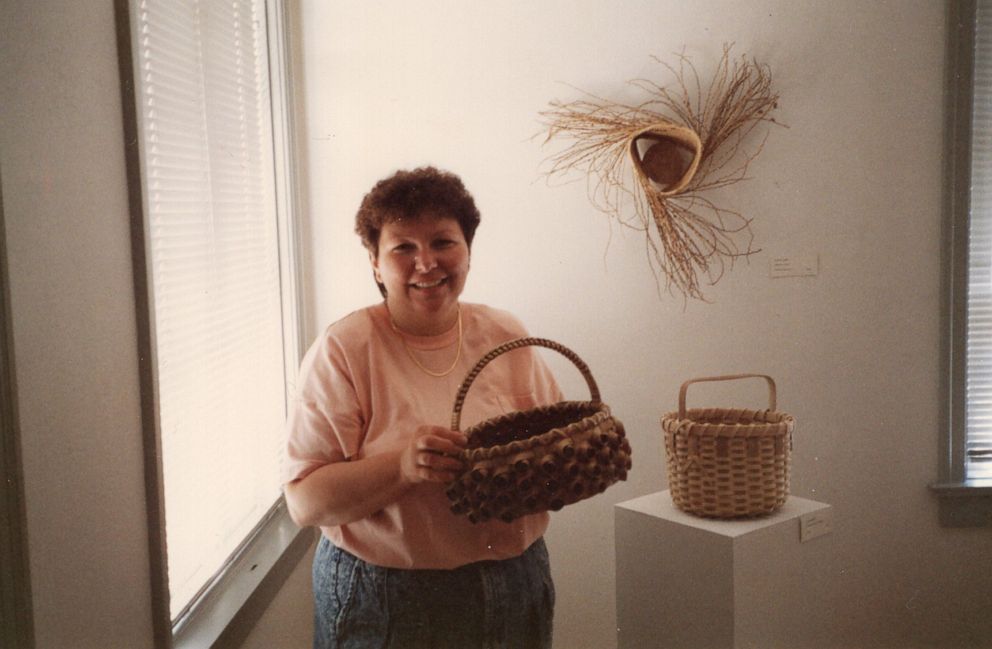
Finally, Scott Falater himself took the stand. He testified that he had no memory of what happened. On cross-examination, the prosecutor asked him about a comment he made during a psychologist’s evaluation when he was in jail awaiting trial, in which he used the phrase “unforgivable sin.”
“I felt that perhaps I had committed the ‘unforgivable sin’ by killing Yarm, and that, obviously, was bothering me a lot,” Scott Falater told “20/20” in a 1999 post-trial interview.
The jury found Scott Falater guilty of first-degree murder. In a 1999 post-trial interview with “20/20,” some of the jurors said they could believe Falater stabbed his wife while sleepwalking, but not that he went back to drown her. One juror also noted the murder weapon was a hunting knife Falater said he must have been using in his sleepwalking state to try to fix the pool pump, but that kind of knife, the juror said, is something that is “not used for any other purpose, except for killing.”
Scott Falater faced a possible death penalty at sentencing the following year, but after listening to a series of character witnesses who testified on his behalf -- including his two children who pleaded for his life -- the judge decided on a life sentence without parole.
‘I want to be sure that I’m still worthy of her’
Today, Falater remains in prison, where he expects to live out the rest of his days. He said he practices meditation, gets plenty of sleep, and that he’s gotten letters from other sleepwalkers. He said he encourages anyone with a sleep disorder to get treatment.
The Falater children supported their father throughout his trial and sentencing. Scott Falater says he has been in touch with both of them over the years.
“I couldn't be prouder of both of them,” Scott Falater told "20/20" in a recent interview. “I will go to my grave extremely proud of both of them.”
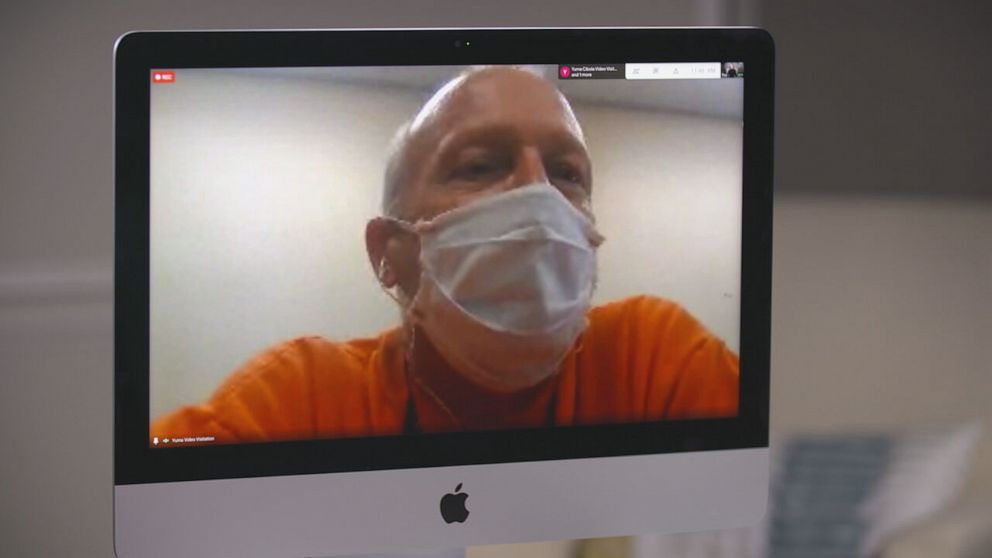
Michael Falater said he’s visited his father in prison, though during the COVID-19 pandemic, they’ve been limited to video calls.
“[Scott Falater] is still my dad, and I hope to always have that relationship with him, whether he's in prison or he's out,” he said.
Although Scott Falater said he’ll never be able to forgive himself, he believes his wife would have been willing to “be more understanding and forgiving of me than I feel right now about myself.”
Falater says he hopes he can be reunited with his wife in heaven.
“She knows more than I do about what happened that night and she will actually know how I’ve conducted myself since then,” he said. “I want to be sure that I’m still worthy of her by how I carry myself now.”




